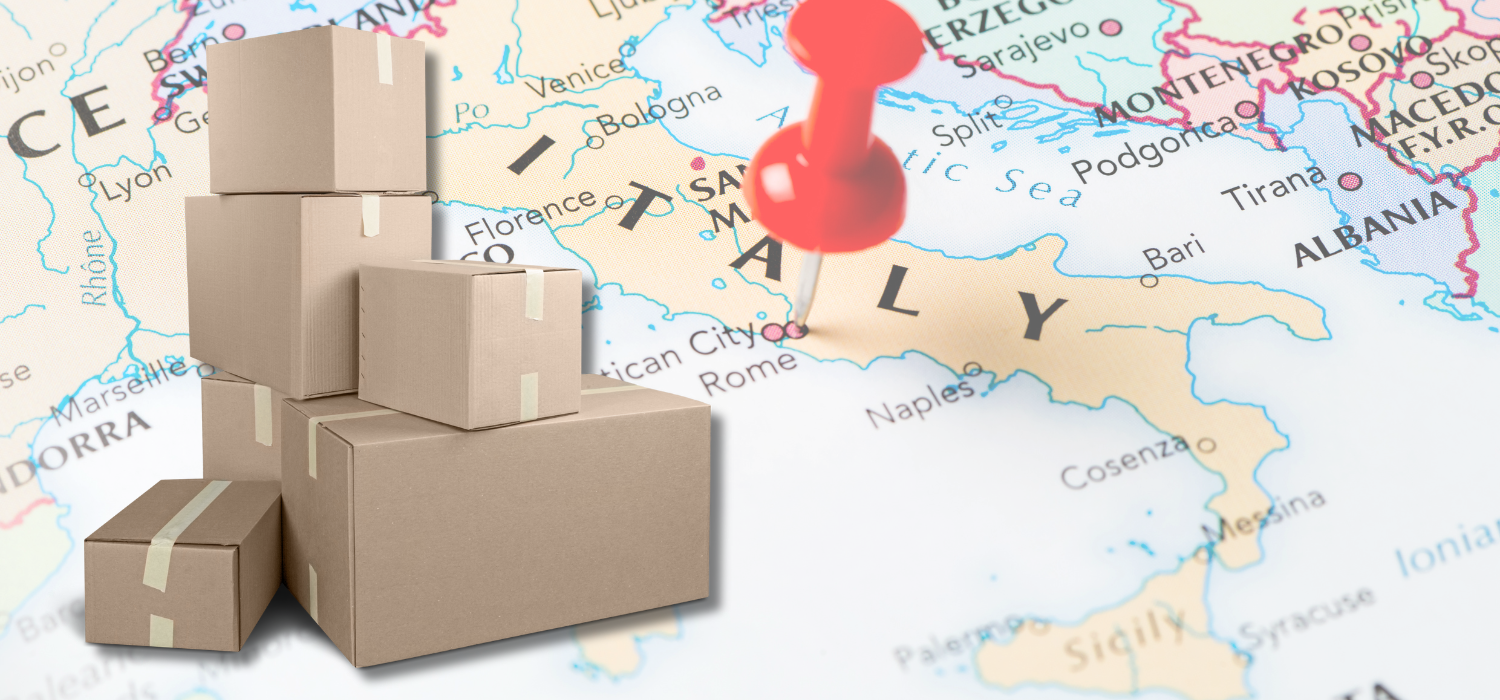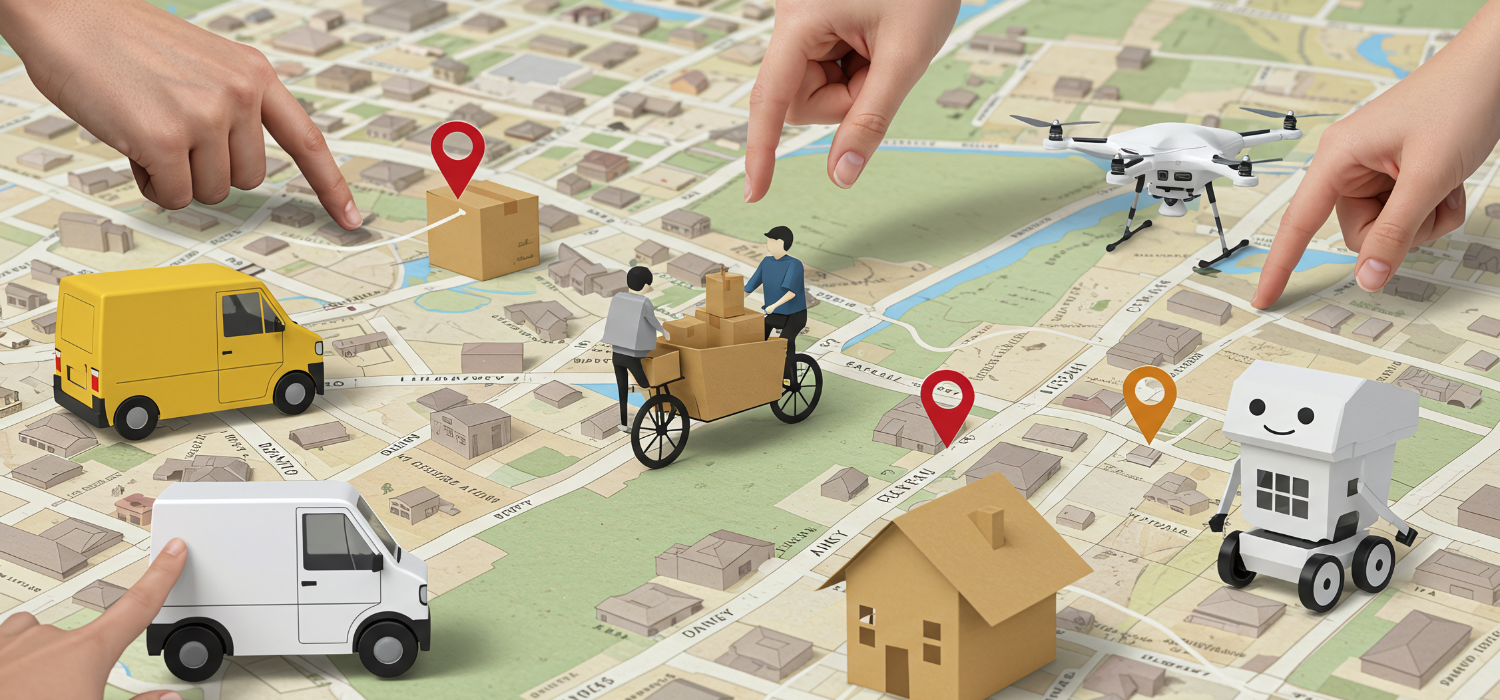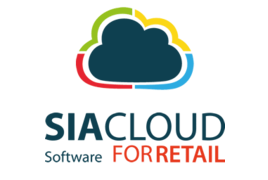Last February 22, the seventh edition of Netcomm FOCUS Logistics and Packaging was held in Milan, the long-awaited moment of analysis and comparison between the main digital players and supply chains affecting the Logistics sector. Doing the honors was Roberto Liscia, President of the Netcomm Consortium, a reality that brings together more than 450 companies including international companies and small-medium excellences with the aim of promoting the development of eCommerce and the digital evolution of companies, generating value for the entire Italian economic system and also for consumers.
During the meeting we talked about the role and challenges facing the Logistics and Packaging sector for eCommerce and new Retail. Topics that we wanted to explore in depth by asking Roberto Liscia a few questions.
What are the most interesting aspects on which Italian online stores are devoting more attention and investment?
Investment in the sector is closely linked to certain advantages of digital commerce. First of all, online sales determine the possibility of establishing a more direct relationship with customers, thus having the opportunity to offer them a more complete and satisfying shopping experience. Moreover, since Italians today are increasingly accustomed to searching for information online, marketplaces have acquired a privileged role not only because of the services they offer, but also because of the vast audience of users they are able to reach in terms of visibility: they constitute true digital “showcases,” enabling customers to make more informed purchasing choices.
Based on these findings, companies are investing primarily in digital marketing, improving the user experience and having a presence on multiple online channels. However, these are interventions that are unlikely to be integrated into companies’ business strategies overnight without further investment in digital skills. They often involve the need to expand the team dedicated to the eCommerce channel, sometimes to create one from scratch, especially in the case of small- to medium-sized companies. In summary, online channels are an important driver for the modernization of Italian companies, which are faced with the need to implement a radical transformation, affecting multiple business areas. In this context, Netcomm stands as a reference point for the sector on the national and international scene, promoting the development of a “digital culture” that generates value for the entire Italian economic system.
During Netcomm FOCUS Logistics & Packaging, the strategic importance of Logistics for eCommerce success was highlighted. What are the main opportunities, but also issues, to be addressed to date?
Logistics for eCommerce is a key factor in increasing business competitiveness and improving customer service. It is fast, modern, technologically advanced and, once developed, can also be leveraged in a multichannel perspective, with enormous advantages and efficiencies. In this sense, it is not only a best practice for the industry, but also an element of modernization and deep digital transformation for all business activities.
However, it must be considered that logistics consists of an increasingly complex supply chain in which there are a multiplicity of players who must act in synergy. Therefore, a key issue for businesses is to find the most suitable logistics solution: there is no one winning formula, so businesses need to be thoroughly familiar with the wide range of players in the industry-not only couriers or carriers, brokers and warehouse operators, but also new players, new forms of brokerage and different service providers-in order to be able to select the ones best suited to their needs.
Instead, placing ourselves on the side of logistics operators, process automation is an essential aspect of ensuring the high standards in terms of speed and services that eCommerce requires. At the same time, automation represents a not insignificant challenge because it impacts several business areas and is also closely linked to data management (think, for example, of warehouse management, tracking and delivery optimization). Finally, the relevance of compliance with national and international regulations, not least the new EU packaging regulation, must be emphasized. In the face of this complexity, the actors involved must place themselves in a “coopetition” perspective to optimize processes, costs and innovation. This perspective is the basis of the meetings and conference cycles promoted by Netcomm, which support the sharing of knowledge and best practices inherent to some key areas and sectors of the Italian economy.
Among the key terms highlighted during the event are, with regard to logistics, “green” and “fast.” How to reconcile these two aspects?
Today, sustainability is a factor that cannot be overlooked in any field, and logistics is certainly no exception. A “green” logistics is something extremely multifaceted, as it is the result of the adoption of sustainability criteria in different aspects of the supply chain, from the use of sustainable packaging to the development of eco-friendly delivery modes and the focus on forms of circular economy. With respect to the apparent juxtaposition between “green” and “fast,” it should be emphasized that, in reality, fast logistics is often the result of high process efficiency combined with the use of state-of-the-art technologies, factors that allow for lower resource consumption. A prime example is last-mile logistics in eCommerce: the fastest delivery options are those that consume the least energy and generate the least CO2, because generally products suitable for fast shipping are stored close to the customer. In addition, technological systems that reduce packaging and optimize courier routes allow businesses to be not only efficient, but also sustainable, because smaller-volume, lighter packages allow them to limit bulk and pack more orders in a single delivery, resulting in fewer trips and lower fuel consumption. The facts, therefore, belie the apparent opposition between these two aspects and, indeed, we can consider the development of digital commerce as the trait d’union between “fast” and “green”: digitally enabled models are demonstrating their ability to accelerate time in achieving goals that combine environmental and social impact with business results.
According to data from the latest research presented at Netcomm Forum 2022, Italian consumers still tend to prefer home delivery, probably due to a lack of logistical alternatives offered to them. Is a concrete increase in out-of-home solutions expected in 2023?
In recent years we have witnessed a paradigm shift: the end customer has increasingly entered the logics of logistics services and the entire supply chain, also because consumer satisfaction seems to be mainly determined by “after-sales” touch points, such as customer service, delivery and returns. Home delivery and Out of Home are therefore services that are closely linked to customer needs and, based on these, are then adopted by businesses, in turn generating demand in the logistics services market.
According to Netcomm’s data, the current momentum in the development of online purchases of physical products sees the prevalence of home delivery mode – 83 percent of products purchased online are delivered to an address -, a factor mainly related to the offerings of eRetailers. However, it should not be forgotten that there is a significant share of shoppers who do not have a concierge service (about 85 percent), which is why alternative solutions have multiplied in recent years, including PUDOs, pick-up and shipping points located in commercial settings such as newsstands, stationery stores, post offices, lockers, tobacconists, stores and gas stations. Then given the importance of return service in the after-sales experience of consumers, we anticipate that pickup and shipping points placed in retail environments will be increasingly essential in meeting the diverse needs of customers, as well as in convincing many sporadic or not-yet-buyers to increase purchase frequency and further boost the growth of multichannel eCommerce. Finally, PUDOs are not only a benefit to the consumer, but they also make logistics more economically sustainable as home delivery and pickup comes at a higher cost to brands.
GEL Proximity is a technology solution dedicated to the “out of home” world that is also very popular for making returns at any Collection Point in proximity. How important is it today for online stores to have a sound reverse policy to serve consumers?
Making different types of delivery and efficient return service available today is a crucial element in the success of companies selling online. In particular, free return is an element that, when present, generates extremely positive emotions in consumers; therefore, it turns out to be a “must-have” service to keep up with customers’ needs. At the same time, there has been an increased focus on environmental aspects, not only with regard to the product and delivery processes, but also with regard to the packaging of the package itself. If packaging is not properly designed to be recycled or, even better, reused for returns, it risks becoming waste and, consequently, a factor in potential consumer dissatisfaction. The issue of returns can therefore be a double-edged sword, but adopting a sound policy in this regard is crucial to enabling consumers to feel more confident in making online purchases, as it gives them the opportunity to return a product that does not meet expectations or turns out to be defective. In addition, a well-structured and well-communicated return policy to customers can help companies reduce the costs associated with returns, as it allows them to better manage the flow of returned products and reduce the loss of goods. All of this helps to increase trust in eCommerce and results in more frequent purchases, benefiting both the individual company and the entire commerce sector.
In this context, “out of home” solutions can facilitate returns management, with benefits for both consumers and companies and brands: customers can thus make returns quickly and easily, even at Collection Points close to home or work, while online stores have the ability to nimbly monitor returns in real time, manage inventory and reduce waste.
We thank Roberto Liscia, President of the Netcomm Consortium, and look forward to our next interview.
If you are an eCommerce manager and would like to integrate your online store with thousands of Pickup Points and Lockers already active throughout the country and internationally to offer your customers the ability to pick up an order or make a return, contact us!













